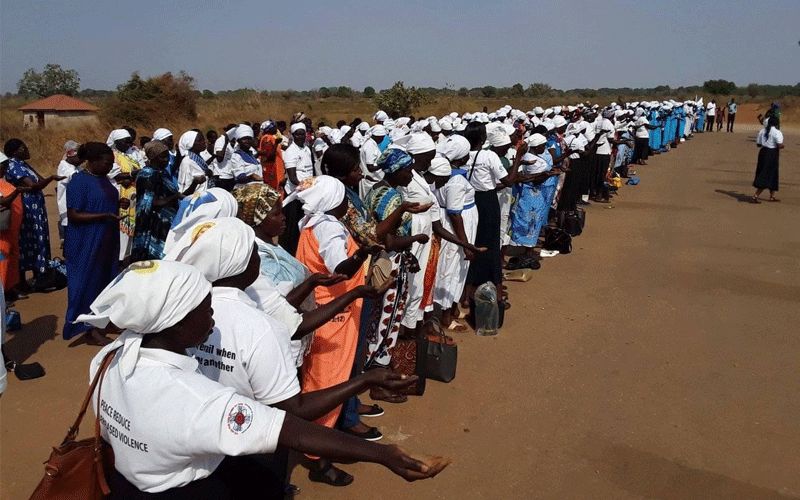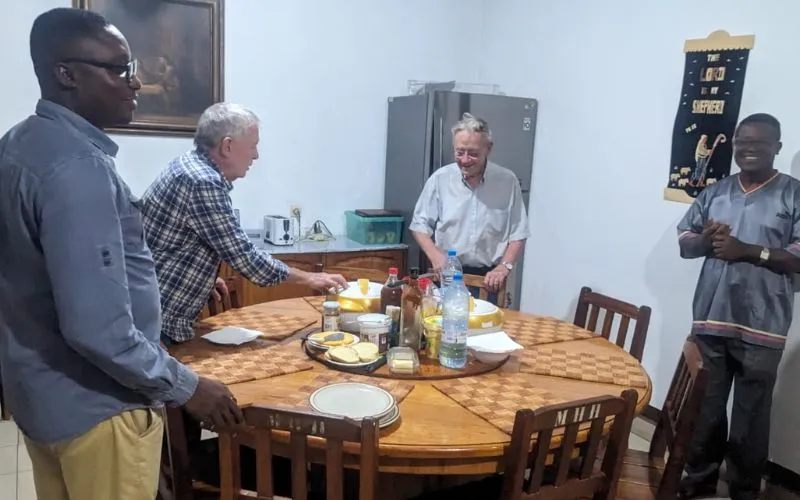Juba, 29 January, 2020 / 3:22 am (ACI Africa).
Hundreds of Christian women belonging to the South Sudan Council of Churches (SSCC) have, while commemorating their sixth anniversary of prayer for peace in the world’s youngest nation, appealed to children serving as soldiers to withdraw from being actively involved in armed conflict and instead “marry and give birth to children.”
“Our message goes to the soldiers, the young soldiers, who carry guns for 24 hours, that let these soldiers have children, let them marry and give birth to children,” SSCC Chairlady Lily Richard Kenyi said Saturday, January 25 at the Sacred Heart of Jesus Parish of Juba Archdiocese, the venue of the Christian women’s anniversary meeting.
Acknowledging that South Sudanese have died in large numbers during the protracted civil conflict, Ms. Kenyi posed referencing children who serve as soldiers in South Sudan, “If you keep moving around with a gun for 24 hours, when will you have children? Where will the new generation come from? This is our message to the young people.”
Drawn from ten different denominations in the East-Central Africa country, the women sought to find solutions to the challenges crippling their country.
SSCC Chairlady expressed concern that South Sudanese children had significantly suffered from the protracted violence and majority of them did not get a chance to study.








